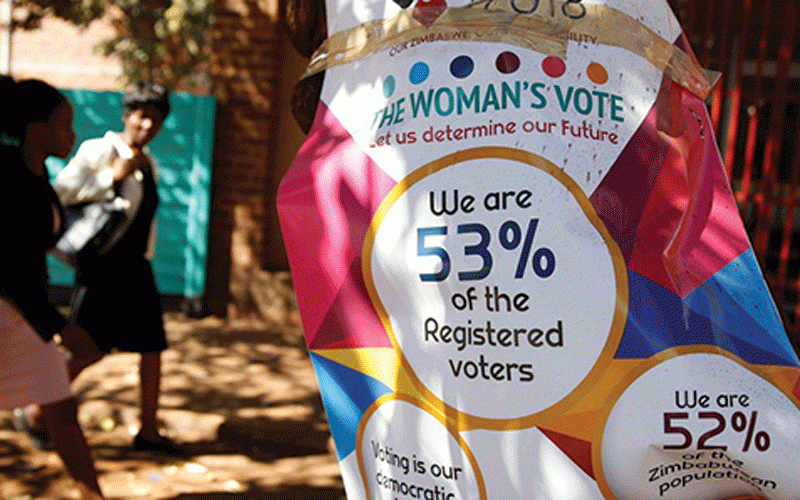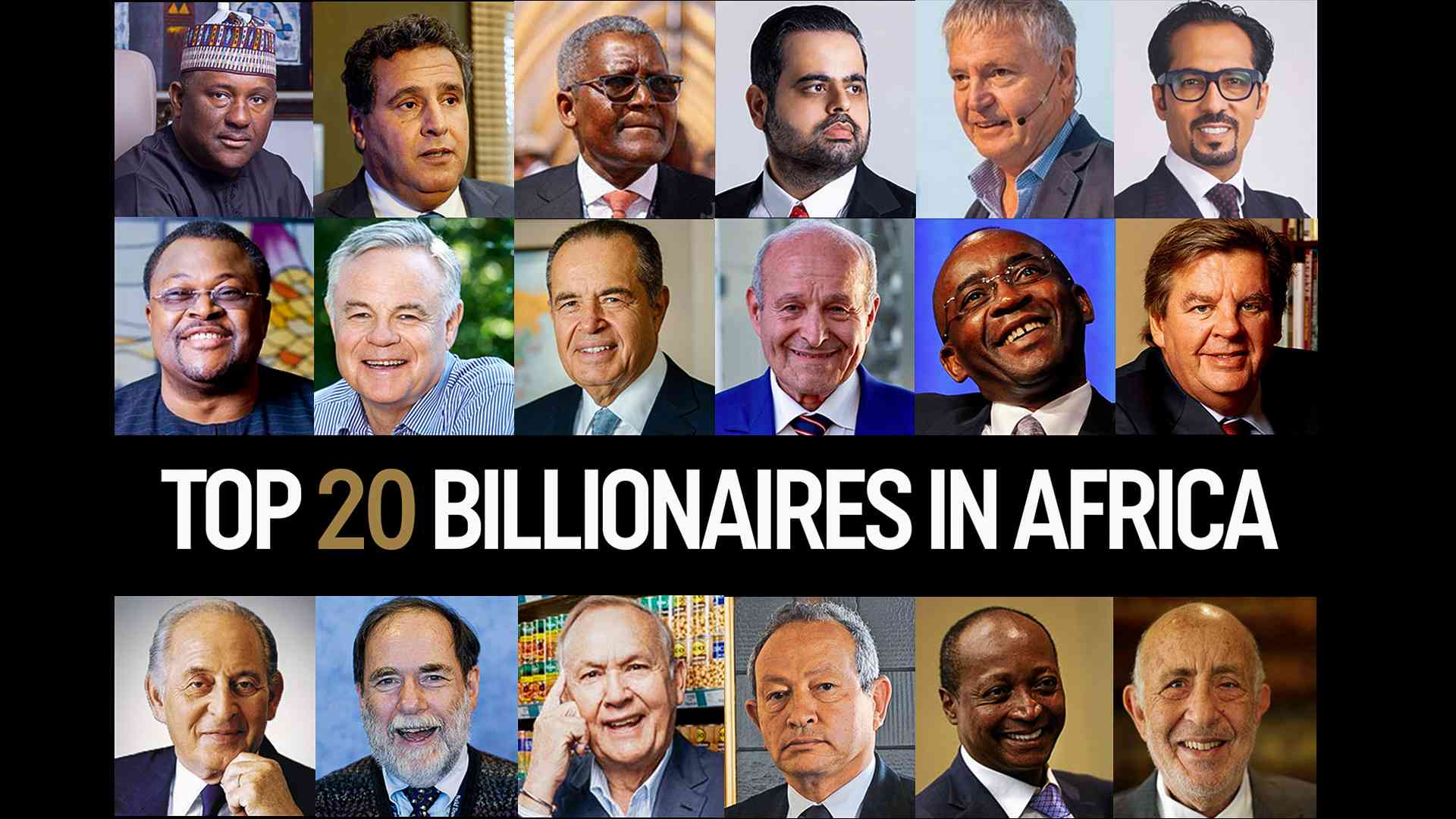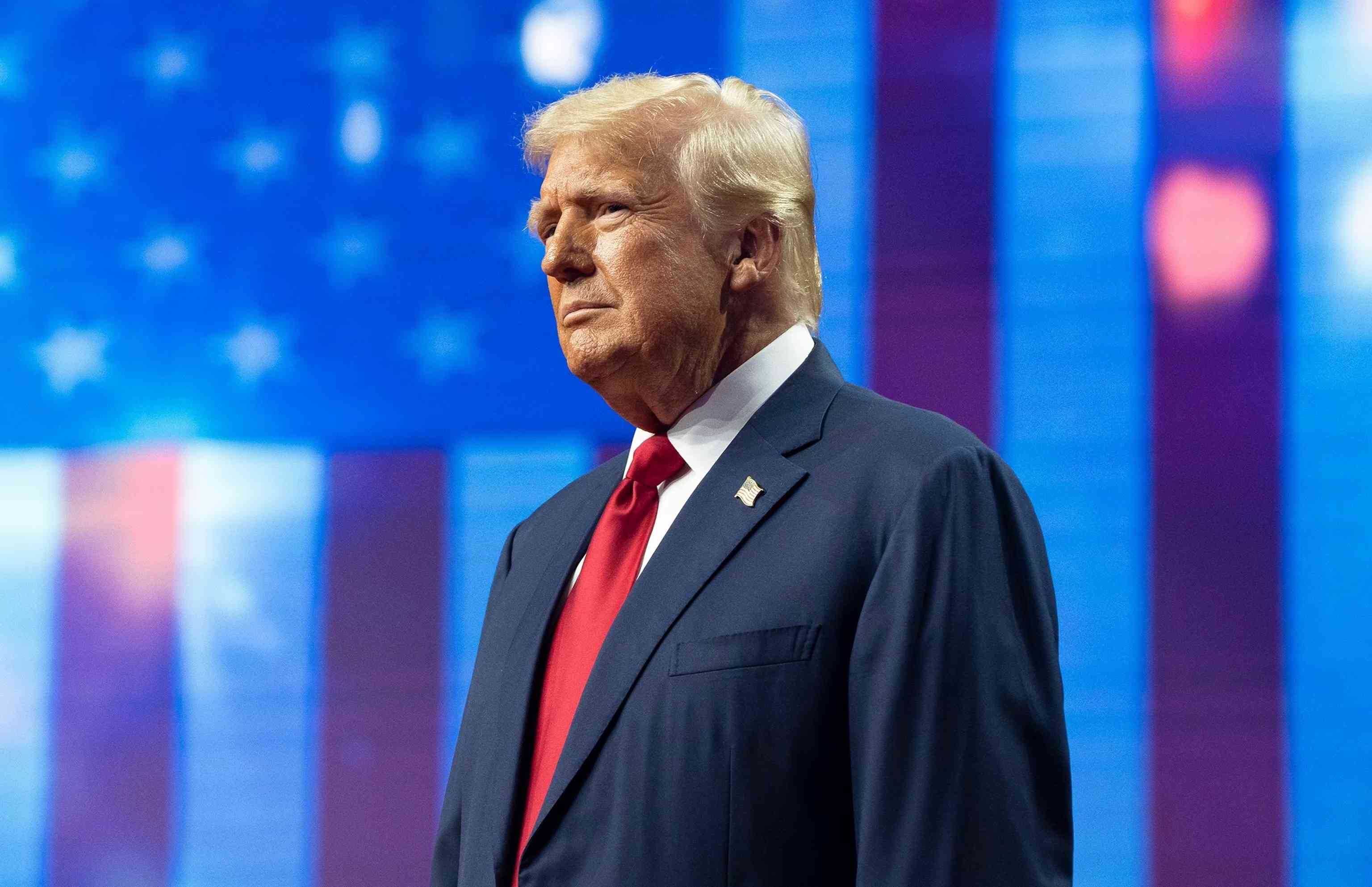
ZIMBABWEAN women, who make up more than half of the electorate, have long been struggling to secure a foothold in the political arena. This situation persists despite a supportive legal and policy framework.
Section 56 of the Zimbabwean Constitution protects the right of every woman to vote and contest elections as a candidate.
The Electoral Act in Section 3 goes further. It explicitly prohibits gender-based discrimination in political campaigns.
Zimbabwe even threw in a “women’s quota” for good measure, setting aside 60 out of 270 parliamentary seats for women.
This proportional representation provision was set to expire this year, but was extended for two additional electoral cycles.
On top of all this, the national gender policy of 2017 envisions a gender-just society, where equality and equity reign supreme.
A deep disappointment in 2023
Nevertheless, out of eleven presidential candidates in 2023, only one was a woman and she had to wage a legal battle to get herself on the ballot.
- Teachers, other civil servants face off
- Veld fire management strategies for 2022
- Magistrate in court for abuse of power
- Vungu Dam water treatment and irrigation project takes off
Keep Reading
This contrasted sharply with the four women presidential candidates in 2018.
In the 2023 race for National Assembly seats, 70 women faced off against 637 male candidates — 11% of the candidates. Of these, only 22 women were elected.
So despite Zimbabwe’s many progressive provisions and the tireless efforts of politicians, activists, and civil society organisations, the 2023 elections plunged Zimbabwean women further into the shadows of political participation.
What we see is a nation still deeply enshrined in gender biases and stereotypes.
The reality behind the numbers
While many blame women’s low levels of political participation on the high nomination fees in 2023, there are other deeper issues at play.
The root of the problems emanate from the patriarchal nature of Zimbabwean society.
Here, women’s participation and leadership is often viewed through the narrow lens of traditional gender roles — reinforcing stereotypes and fostering social exclusion.
Political parties, too, bear some blame. They have shown a tendency to maintain their patriarchal status quo, hesitating to support female candidates for hotly contested seats.
Instead, they reserve those spaces for men, contenting themselves with the illusion of progress created by the quota system.
But the reality faced by women in Zimbabwe also goes beyond politics.
Poverty, economic disparities, health inequalities and other challenges disproportionately affect them.
For those who venture into the political arena, sexual harassment, stereotyping and violence become lived realities on the campaign trail.
These harsh realities deter many from engaging in politics, whether local or national.
A multi-faceted approach is needed
To break this cycle, a comprehensive approach is needed.
Achieving gender equality in politics is not merely a matter of changing laws; it requires a concerted effort from all stakeholders.
Societal attitudes and norms must evolve as much as the legal framework does.
To that end, it’s important to invest in education for girls and women, both formal and informal, and ensure their access to financial resources, employment, land, and means of production.
The government, for its part, has to do more than extend proportional representation provisions and draw up national gender policies that read well on paper.
It must acknowledge women’s needs and rights, recognising their invaluable contributions to the economy, policy-making, democracy and development.
More importantly, this recognition needs to result in concrete policies, laws and practices that effectively promote women’s political participation and leadership, as well as budget allocations for initiatives that empower women in politics.
The media, too, with its influential voice, should ensure balanced coverage and neutral representation of women in its political reporting and during debates. This will contribute greatly to breaking bias and stereotypes and help pave the way for a more inclusive and equitable political landscape.
Nana Zulu is regional director for Hivos southern Africa.











